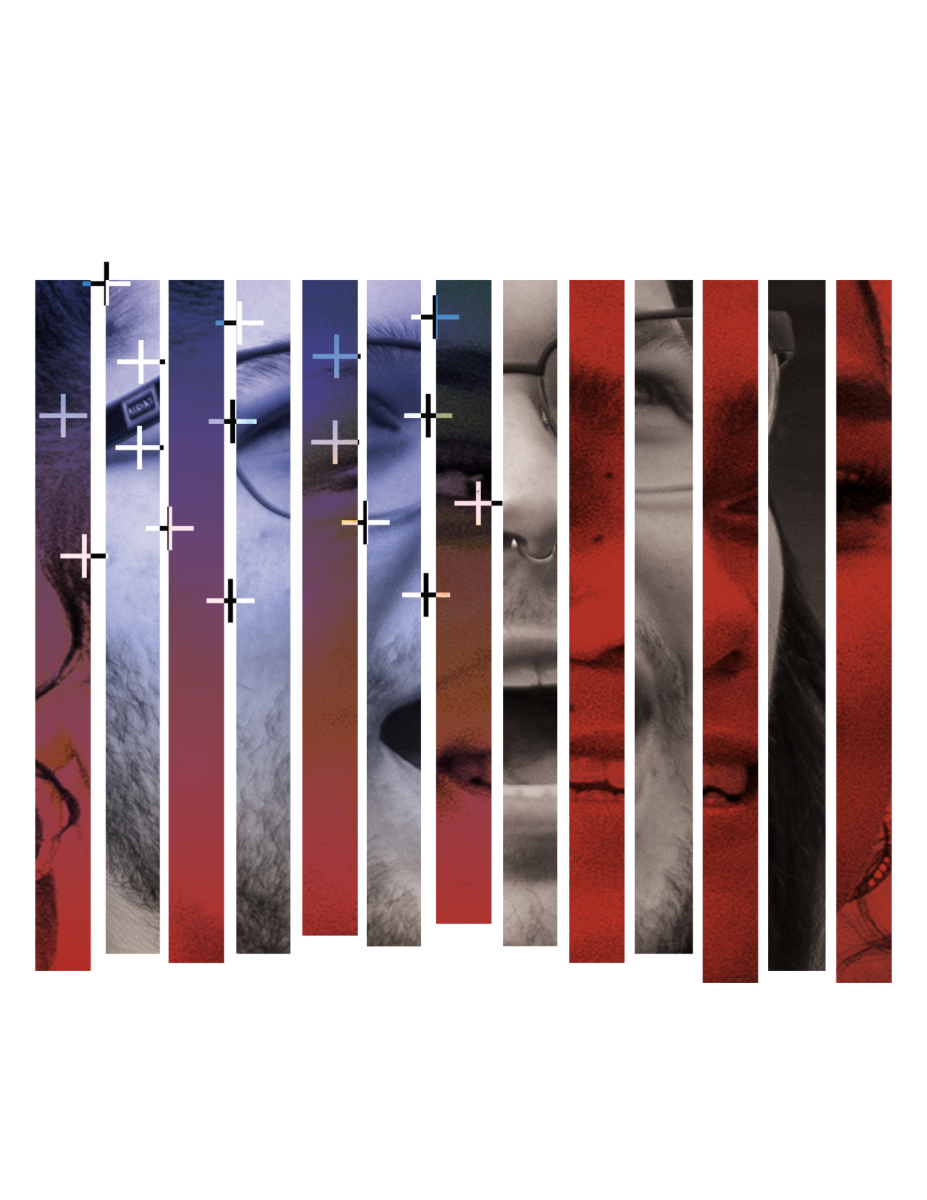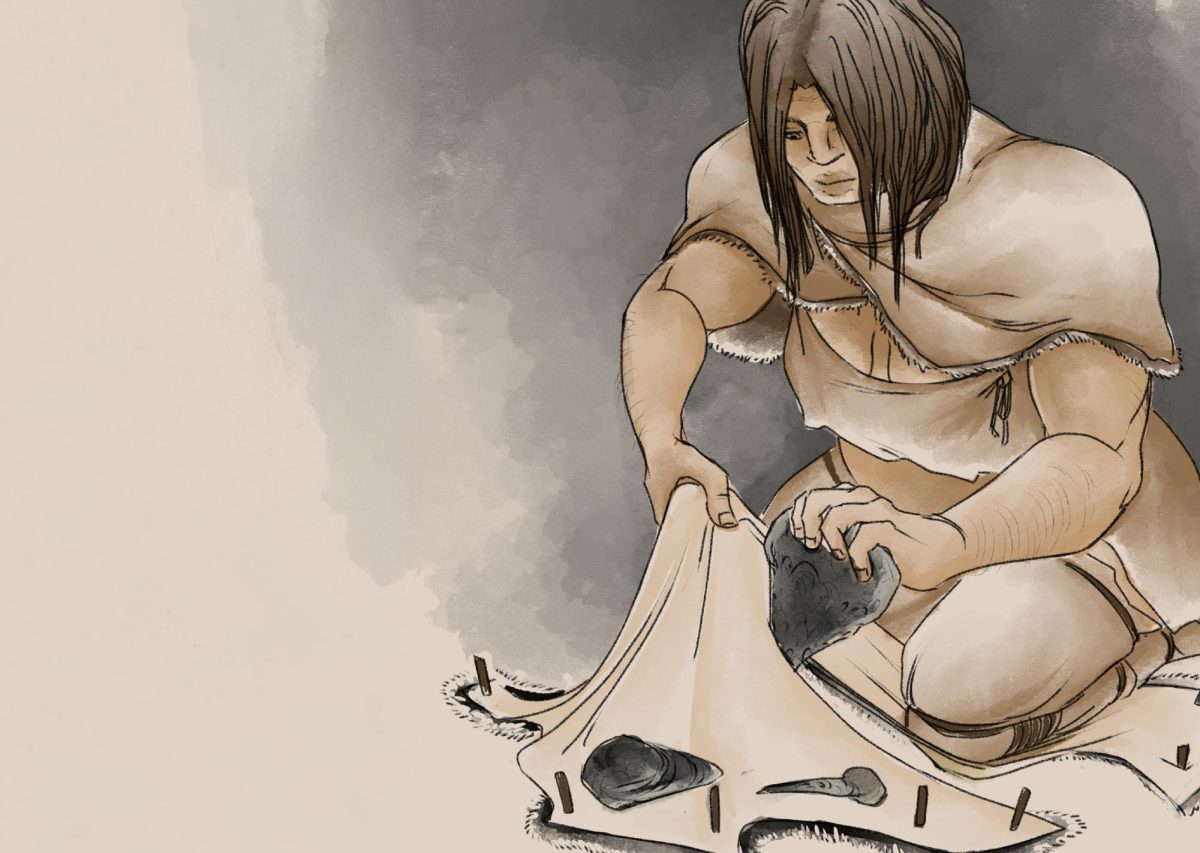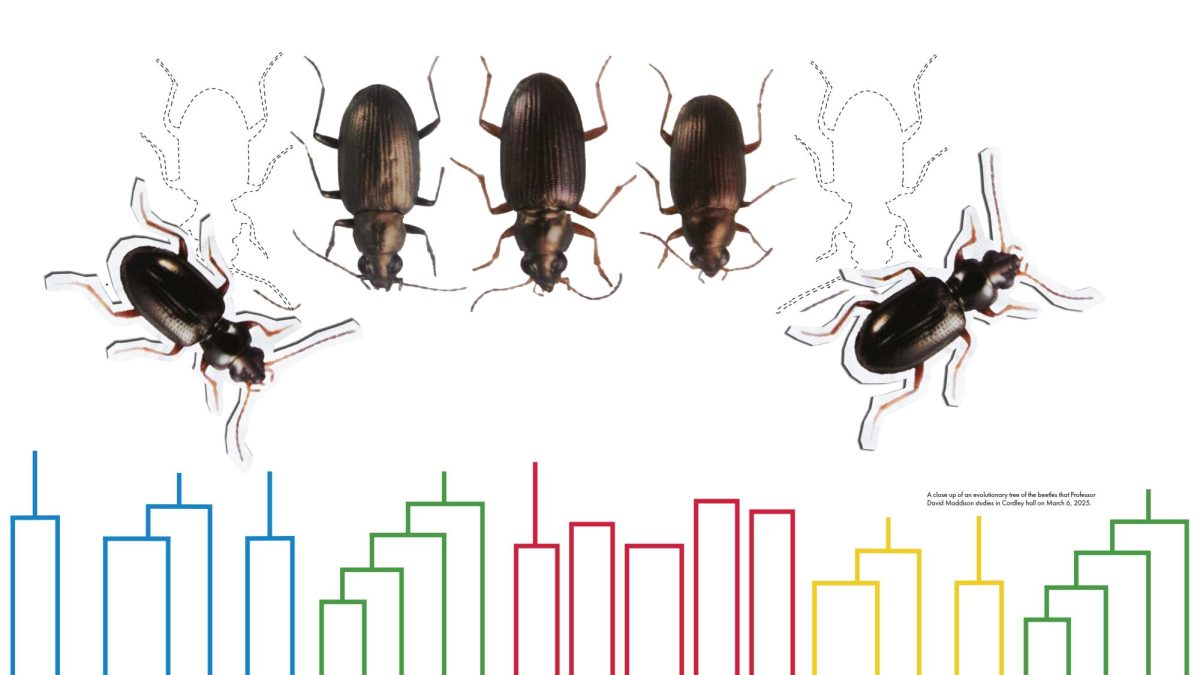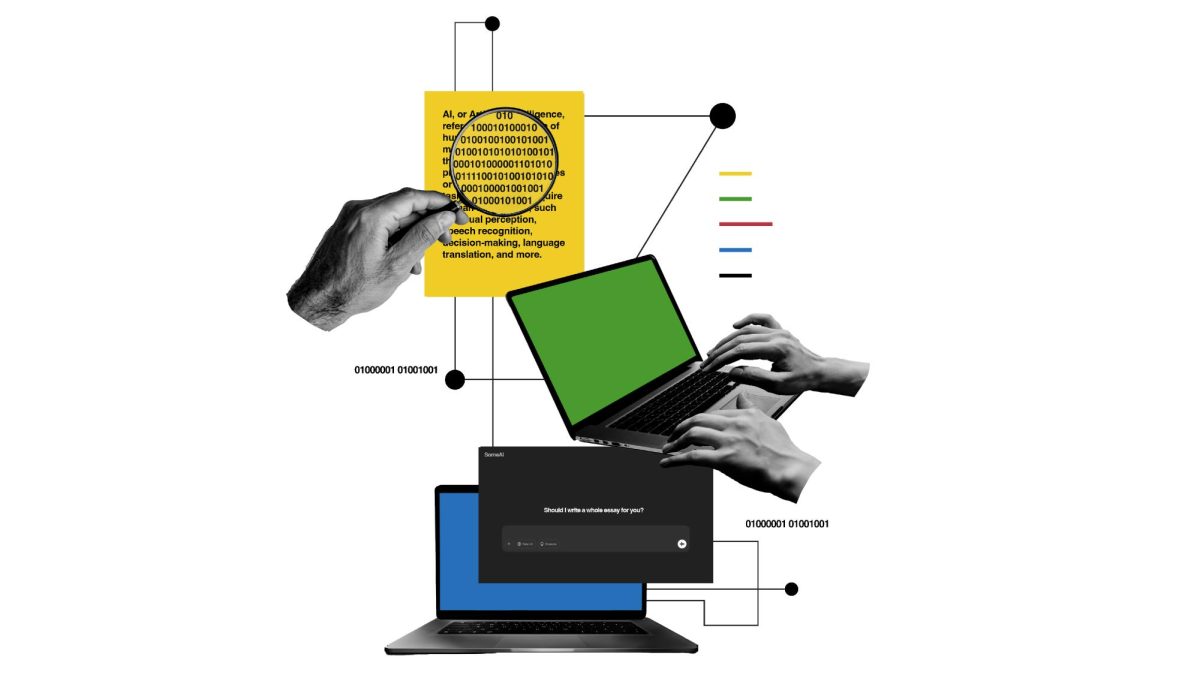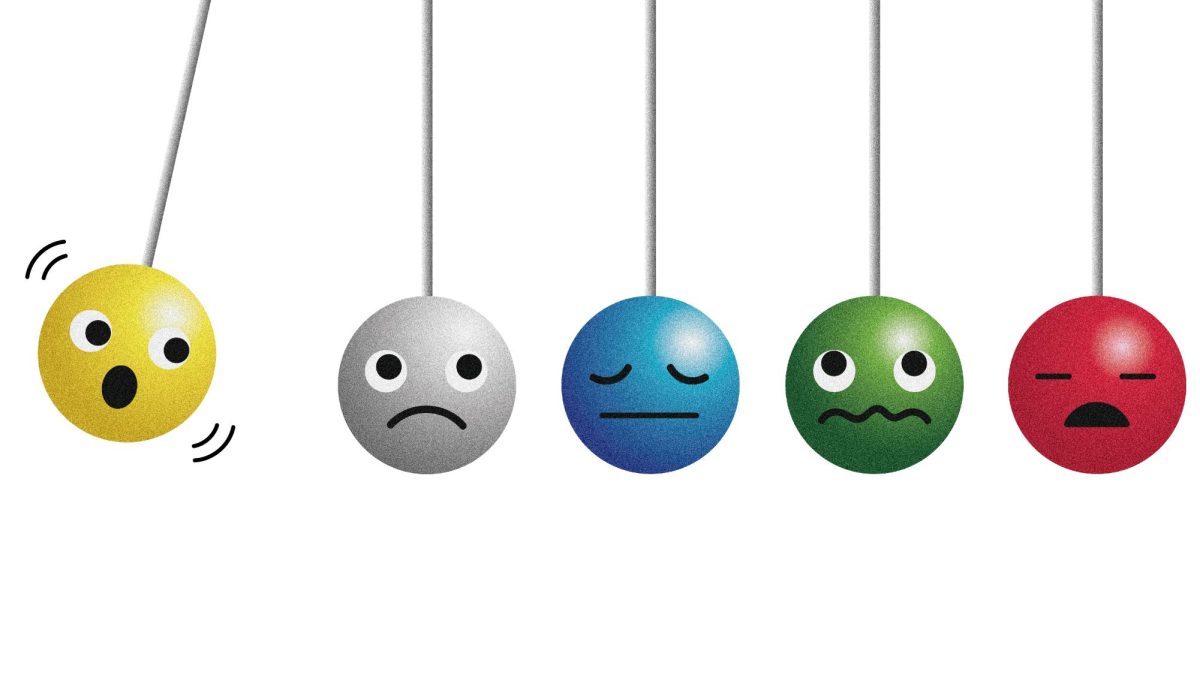Here at Oregon State University, Generation Z students show different levels of patriotism, stemming from their personal experiences and interactions with what they perceive as patriotic in their day-to-day lives.
When it comes to patriotism, it may all come down to pride and respect for one’s country. However, it seems there is a disconnect among how Gen Z students define the concept.
“The things that are culturally-associated with high levels of patriotism, I don’t tend to align myself with too much,” said Lucciano Barberan, fourth-year computer science major.
Many depictions of patriotism are connected to more traditional values in the United States.
“Patriotism almost feels a little conservative in my mind,” Blake McBride said, a fourth-year majoring in apparel design. “It’s like you have, maybe, a bias towards traditionalism or how things have been because you are proud of where you come from.”
Examples of what could symbolize American patriotism, such as the Pledge of Allegiance, the American flag and the national anthem received mixed responses among OSU students.
The Pledge of Allegiance is something most American-raised students can remember reciting on crisp mornings at school before getting started with the day’s lesson.
“I feel like since everybody has to do it, and they’re just taught to do it, it loses its patriotic value,” said first-year computer science major, Maddie Smith.
The national anthem may be a catchy tune for some or stand as a reminder of all the feats the U.S. has overcome.
“I think the national anthem is great,” Nathan Archbold, a fourth-year business administration major, said. “I’m thankful for the troops. You know, I’m grateful and I think often about those who give their life for our country.”
Patriotic expressions could have the potential to become more spirited and, at times, aggressive. When it comes to patriotic symbols in the U.S., it depends heavily on who’s using them and for what purpose.
“I don’t see the American flag and think hate, but I think very easily people that want to use it for different reasons can go and ruin it for others,” said Natalya Cherkassova, a fourth-year design innovation management major.
OSU students also acknowledged how polarizing social media can be, creating a rift between positive and negative patriotic ideals.
“Whatever you want to see, (social media algorithms) are going to put that toward you because they know what you want to see. On both sides, I think it’s skewed or at least exaggerated,” Anson Shimeall said, a first-year biohealth sciences major.
With so many levels of expression and pride, OSU students view patriotism, particularly in the U.S., as a double-edged sword.
“Some people that are very patriotic are not pro the whole melting pot of the U.S., and of different cultures being combined together and learning from that,” Cherkassova said.
Some OSU students consider themselves to be patriotic but in a subtly appreciative way.
“I’m not gonna go out in the street and protest unless I feel really strongly about a very specific issue,” said Zoe Phillips, a third-year pre-health major.
Some students expressed that they consider their patriotic levels to be relatively low due to the lack of satisfaction with the United States’ current policies and structures.
“I’m not super comfortable with the way things are right now. So, I’d say I’m pretty unpatriotic in the normal sense, but I do want the country to be better,” said Dominic Coppit, first-year nuclear engineering major.
“I want this (country) to be the place that I think it could be, but just right now I’m not for it,” Coppit said.
The history of the U.S. revolves around those who fought for all the liberties Americans have today. For many Gen Z students, exercising these liberties is a form of patriotism.
“We fought wars over our freedom. The freedom for free press, free speech and the right to vote,” Archbold said. “If you consider yourself patriotic, I think, you should exercise those rights.”
“Voting is always patriotic,” said Rhys Davis, a first-year nuclear engineering student. “It’s engaging with and kind of participating in your own country’s governing system and the politics behind it.”
As the world and the nation change, so do the people, and in the hands of Gen Z, patriotism could evolve into something new.
“I feel like now patriotism has become more of wanting what’s best for your country, which you believe in, rather than just blindly following,” Lucas Mazurik said, a fourth-year apparel design major. “It’s more of questioning authority and being OK with wanting things to change.”

